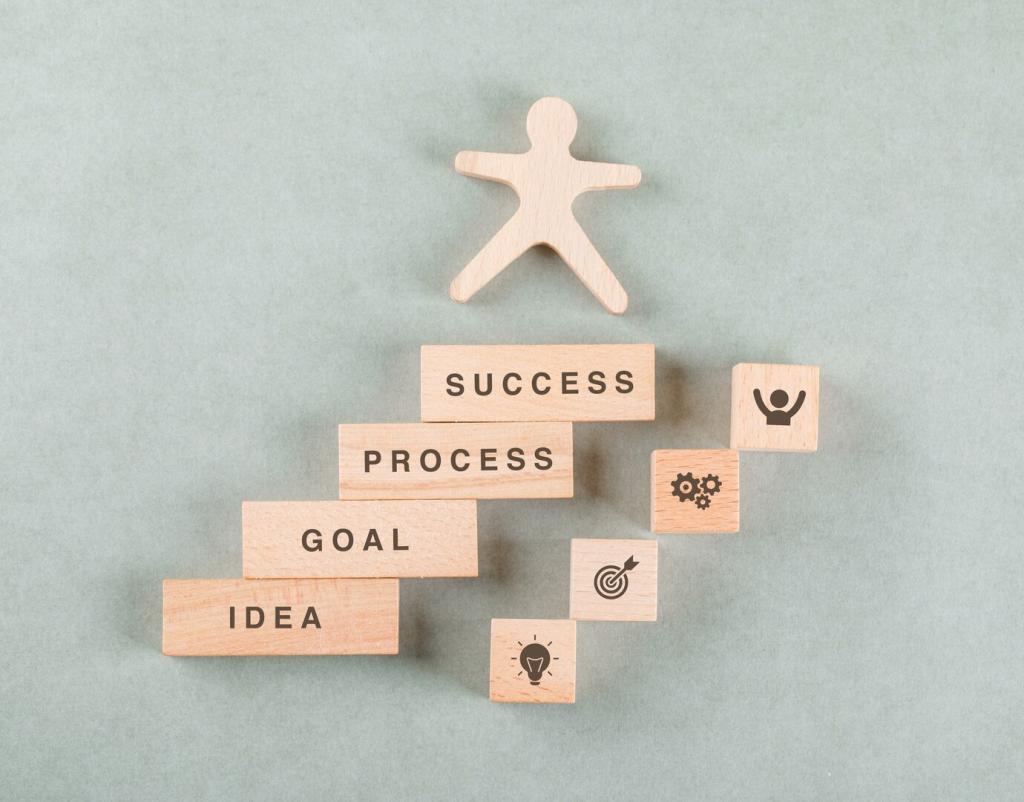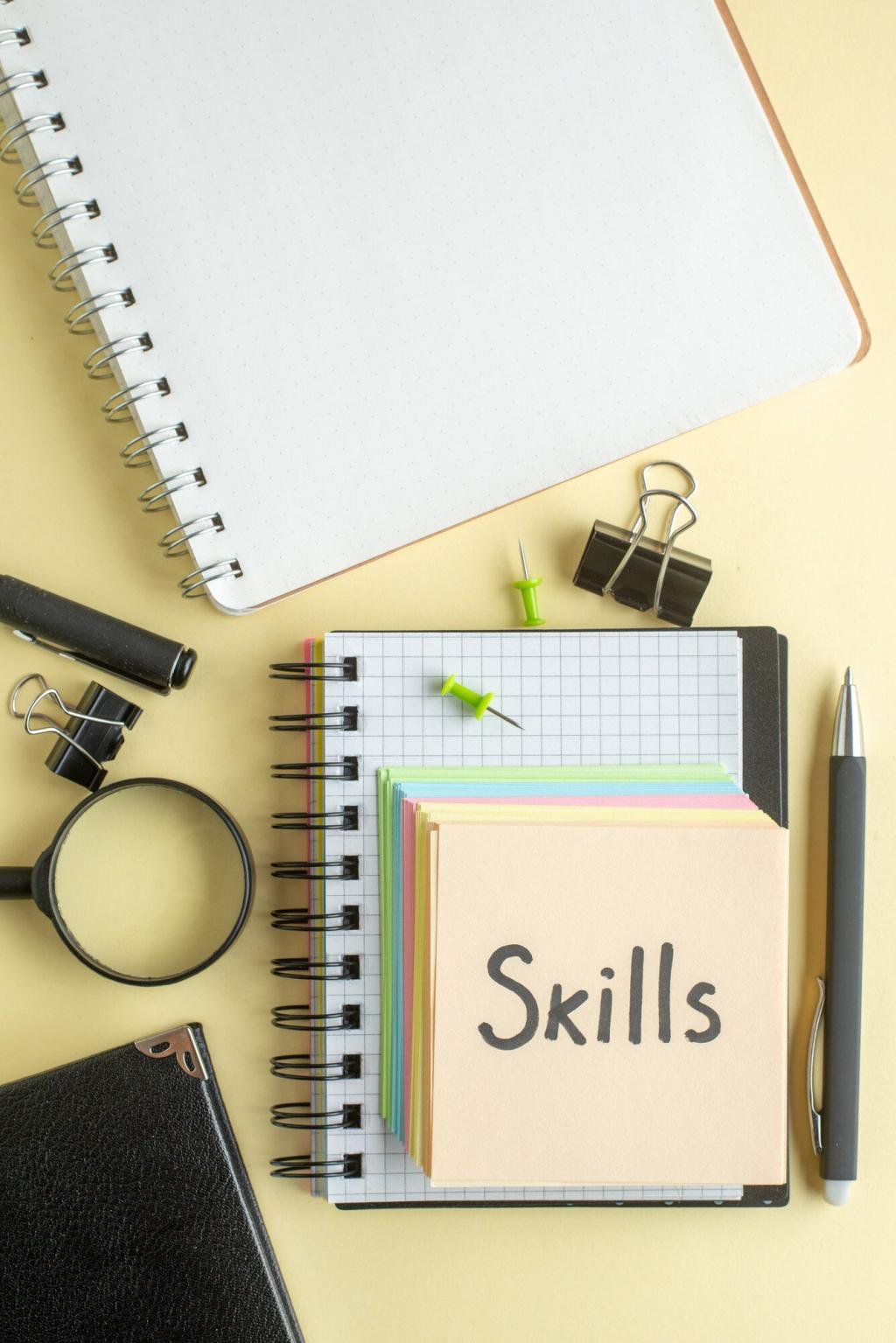Fostering Adaptability in Changing Environments

Run Micro-Experiments
Design tiny tests with clear hypotheses, low risk, and fast learning. Try a new workflow for a day, not a quarter. Measure what matters, not everything. Treat each result as a direction, not a verdict. Share your favorite micro-experiment in the comments to inspire others to practice, learn, and adapt with intention.
Recover to Respond, Not React
When stress spikes, routines that restore attention and calm are strategic assets. Five-minute breathing, a short walk, or a quick journal scan shifts your brain from threat mode to problem-solving mode. What recovery ritual helps you re-center before you choose your next move? Subscribe for weekly prompts that build resilient attention.
Feedback as Fuel
Invite feedback early and often, especially when change is accelerating. Ask for one thing to continue and one to improve. Close the loop by sharing what you adjusted and why. That simple practice builds trust and accelerates learning. Tell us one feedback loop you will start this week, and check back to report how it went.


Team Routines for Rapid Learning
Begin meetings with quick check-ins and explicit permission to challenge assumptions. Rotate the role of red-teamer so critique is normalized, not personalized. When ideas can be questioned without questioning worth, teams surface risks early and adapt together. Try this for one week and tell us how the conversation changed.
Leading Through Uncertainty
Define a compelling north star and a small set of priorities. Then let teams shape the path. This unlocks local problem-solving and surfaces smarter tactics faster. When people own the route, they adapt it as conditions change. Comment with the north star guiding your team this quarter and how it shapes your trade-offs.
Designing Adaptive Systems and Environments
Break projects into modules with crisp handoffs and documented contracts. When interfaces are clear, teams can change internals without breaking everything else. Modularity turns massive pivots into manageable tweaks. Tell us one place you can draw cleaner boundaries this week to unlock faster, safer adaptation.

Stories from the Edge
When schools closed, a literature teacher turned her living room into a studio. She invited students to co-create reading prompts and used chat to surface quieter voices. Engagement rose because students felt seen and empowered. Share a moment when you redesigned your craft under pressure and discovered a better way to connect.
Stories from the Edge
Supply shortages forced a bakery to rethink its menu. They crowdsourced flavor ideas from customers and launched pre-order kits with baking tips on social media. Revenue stabilized, and community loyalty deepened. What customer collaboration could help you learn faster and adapt smarter this month? Tell us below and inspire someone else to try.
Stories from the Edge
Facing unpredictable demand, a clinic standardized triage signals and cross-trained staff for critical roles. Short, twice-daily huddles aligned priorities, and a rotating debrief captured lessons without blame. Stress remained high, but control returned. Subscribe to get our debrief guide and share the routine that keeps your team steady when everything shifts.
